DC’s Civil War Makes More Sense Than Marvel
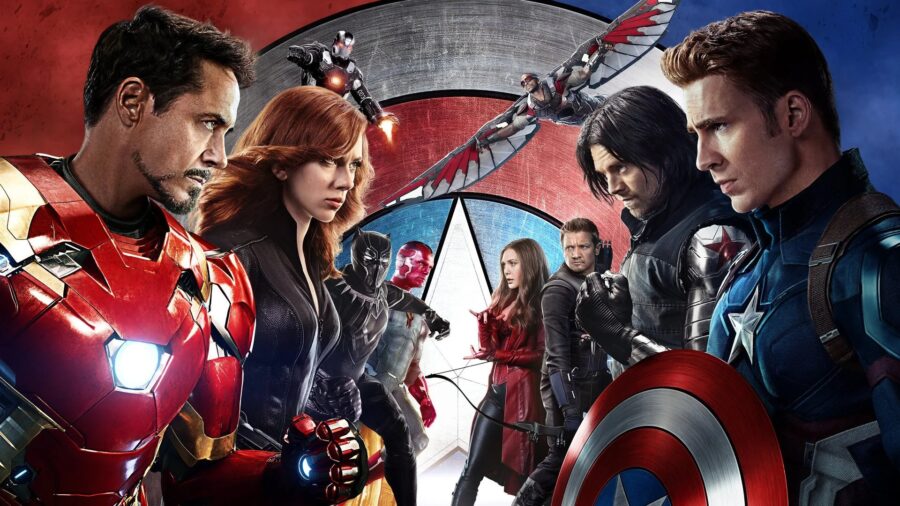
In 2016, DC and Marvel both released movies featuring popular superheroes turning on each other. One film showed two of the most popular characters in comic book history fighting each other over a laughably flimsy premise. The other film was Batman v. Superman: Dawn of Justice.
The United States Wouldn’t Allow The Sokovia Accords
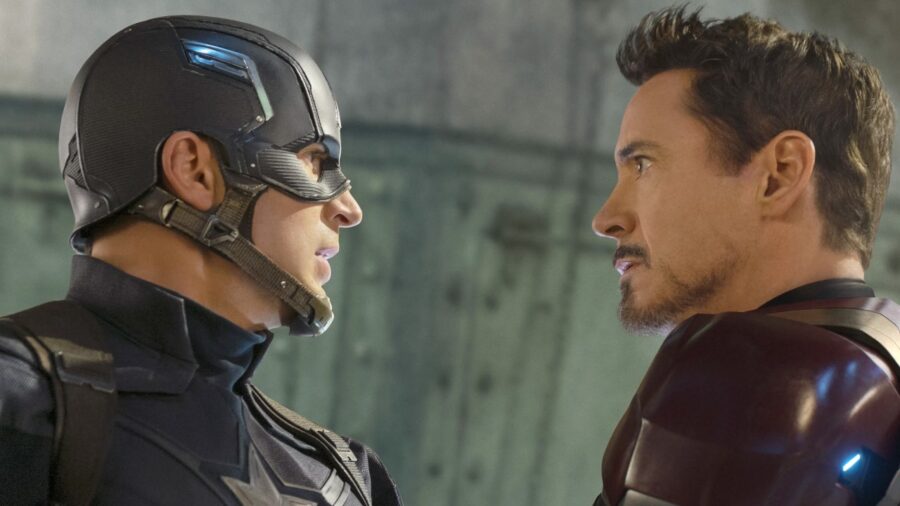
Captain America: Civil War isn’t a bad movie by any means, but the conflict it sets up between Iron Man and Cap is, at best, flawed and, at worst, completely asinine. The Sokovia Accords, a law approved by 117 countries, including the US, gave the United Nations complete control over when and where the Avengers were deployed. We don’t want to get political, but can you think of a single scenario where America would allow the UN to dictate when and where it uses military assets?
What Civil War essentially wants us to believe is that a largely military operation conducted by a group of American heroes put together by the government caused a little collateral damage, and based on that one instance, the USA agreed to give up control of that group. We know the MCU is fantasy, but some things are just too ridiculous to suspend disbelief over. The UN unanimously decides on stuff all the time that America either outright vetoes or just ignores.
Why would the Sokovia Accords be any different?
Batman’s Concerns About Superman Make Sense
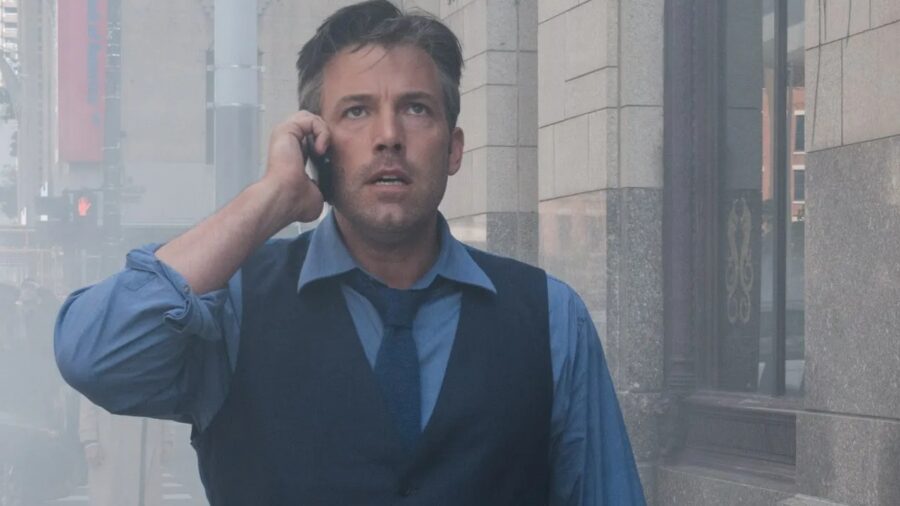
DC, on the other hand, chose a much more believable premise than Marvel for the fight between its heroes. Bruce Wayne is on the ground in Metropolis during the events of Man of Steel and witnessed firsthand the damage that can occur when two god-tier beings go all out with no regard for the civilians around them. Batman knows Superman stopped Zod, but how many other aliens with just as much, if not more, power might come to Earth looking for a fight with the last living Kryptonian?
Or worse, what if Superman, who is, again, essentially a god, decides to break bad? How would anyone stop him from taking over the planet? These are the valid existential fears that motivate Batman in BVS.
Which Movie Was Better Is A Different Question
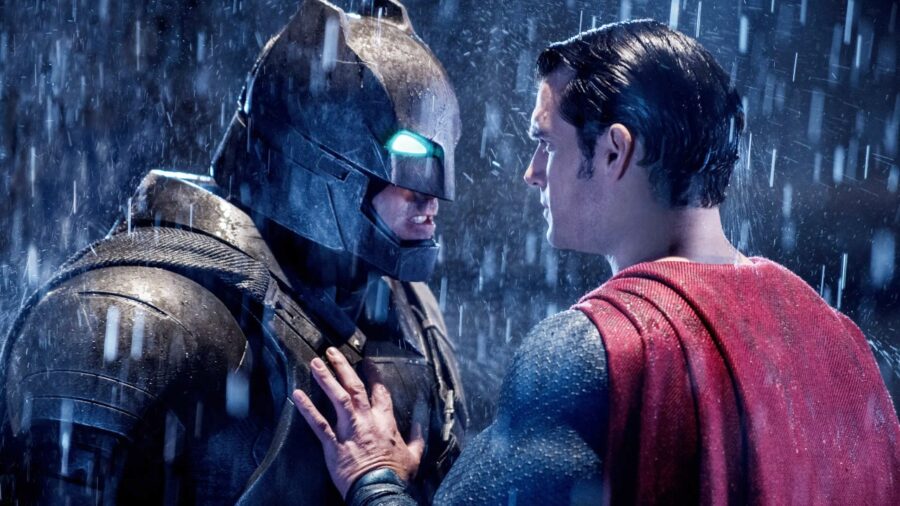
Now, whether DC’s execution was better than Marvel’s is up for debate—although it’s pretty clear which one superhero fans prefer—but that’s not what we’re looking at. We’re not here to defend the “Martha” scene or BVS’s uncharacteristically violent depiction of Batman.
We’re simply pointing out that 1) Batman’s reason for wanting to take Superman out before he can become a threat to humanity makes sense, 2) the Avengers fighting each other over a law that would never exist doesn’t make sense.
The Source Material Is Another Matter
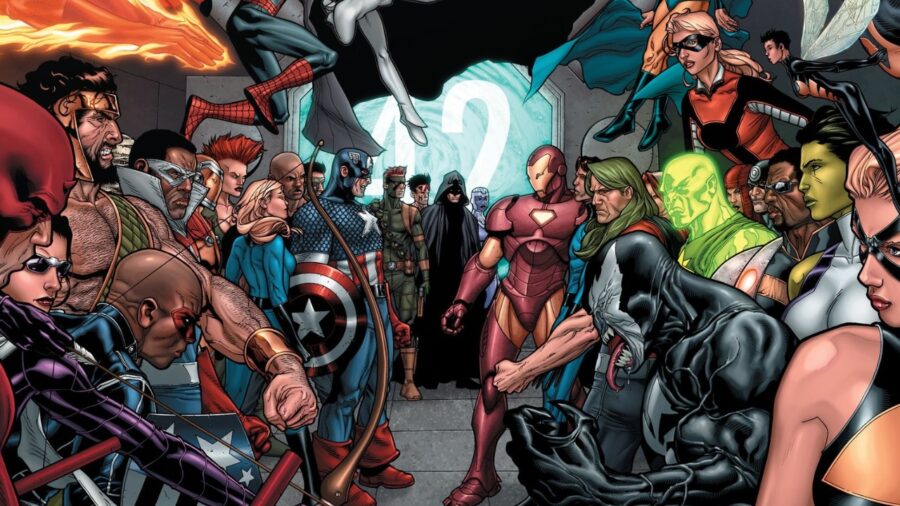
If this were the comic book version of Civil War, it would be another story. The US wanting to register metahumans after one blows up an entire school is a completely feasible scenario. The UN ordering all supes under their control after a single mission results in 26 deaths—only 11 of which were civilians—is sadly one of the most implausible things to come out of the MCU.
Marvel Won 2016’s Box Office, But DC Won The Believability Contest
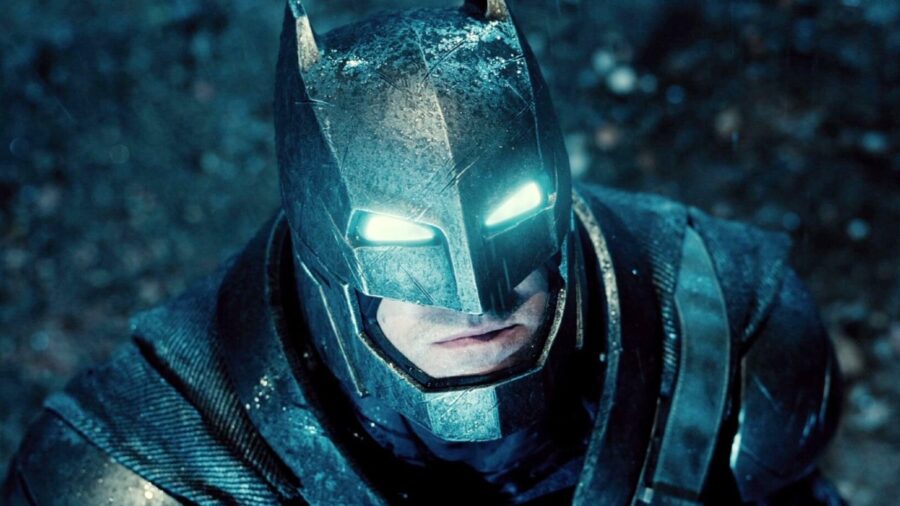
At the same time, Batman becoming grizzled and paranoid in his old age absolutely tracks with the character. His reason for wanting to take out Superman in BVS isn’t much different than it is in The Dark Knight Returns.
DC might have lost to Marvel in 2016 when it came to the box office, but at least it gave fans a more believable reason for its heroes to throw down.












